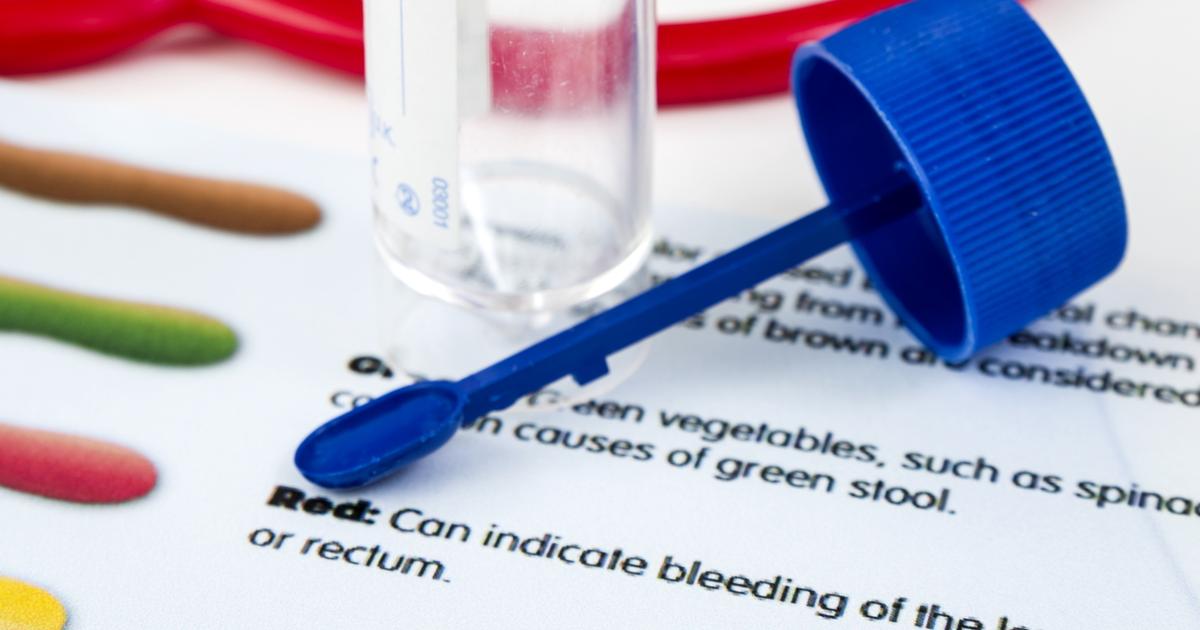Is Your Poop Normal?
It’s a fact of life, even if no one talks about very often, if at all: everyone poops. When the body digests food, it needs to get rid of the waste, either in the form of urine or stool. The stool may include some undigested food, bacteria, and more. While everyone does poop, there can also be a fair amount of variance when it comes to not only how often they go to the bathroom, but also how easy or hard it is to pass stool, and also, differences in the stool’s appearance. Due to this variance, many individuals may find themselves wondering whether or not their poop would be considered normal, or if they should be concerned.
Frequency Of Bowel Movements

For the most part, individuals do not have to worry about the frequency of their bowel movements on a day to day basis. On average, individuals can expect to urinate roughly six to eight times in a day if they are well-hydrated. When it comes to bowel movements, it can vary quite significantly from person to person, but typically individuals should go up to four times a week, though it can vary from there to as much as three times a day. A good guideline to consider is actually a change in the frequency of bowel movements, as well as their difficulty. This could indicate an issue such as constipation, which, particularly when it becomes chronic, can be a symptom of quite a few medical conditions that will require treatment.
Color Of Stool

When it comes to color, stool most would consider normal ranges from medium to dark brown. This color is due to bilirubin, a pigment that forms when red blood cells break down. Some also argue a small amount of green in addition to the brown is alright. When poop turns entirely green, however, it can indicate something like an increased amount of dark greens in the individual's diet (e.g. spinach), or the stool is passing through the body too fast. The latter could be an issue, so individuals are encouraged to mention a persistent issue with this to their doctor.
Black-colored stool could be down to a simple issue such as consuming iron supplements, bismuth medication, or licorice, but if an individual has done none of these, black stool could be a symptom of bleeding in their upper gastrointestinal tract. Pale or chalky stool is evidence of a lack of bile or a side effect of medication, both of which doctors should be notified of. Red stool could indicate bleeding, though it could also be down to the high consumption of foods like beets or red gelatin. Finally, yellow stool, particularly when it smells, is typically a sign of too much fat or a condition like celiac disease.
